The House of Cenci: An interview with the Parabolic Theatre team
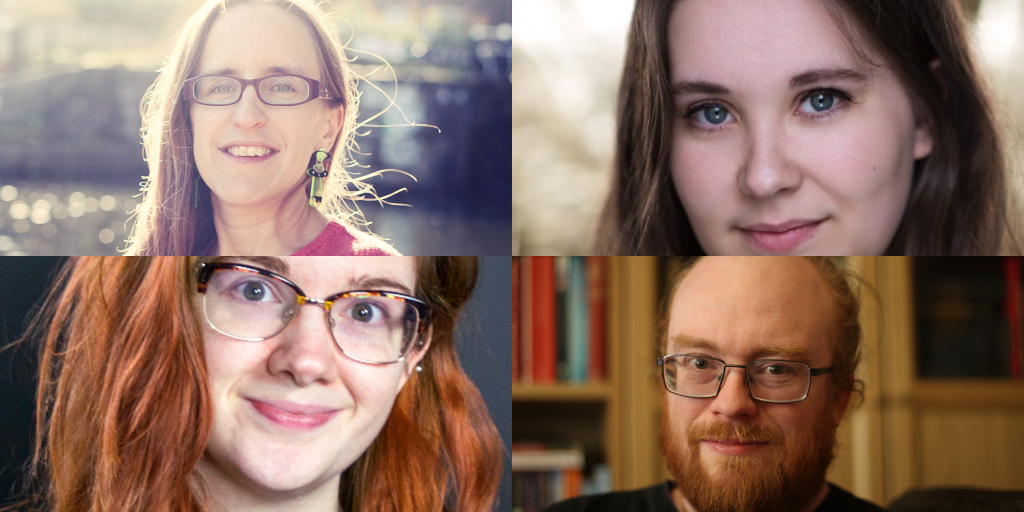
Parabolic Theatre has been at the forefront of immersive game/theatre experiences since 2016. They aim to create work that starts conversations and explores important topics in new and innovative ways. During the pandemic the company has taken the opportunity to create new online content at the cutting edge of the industry. This year they release The House of Cenci, an interactive production based on the tragic true story that inspired centuries of retellings by artists from Percy Bysshe Shelley to Antonin Artaud.
We were lucky enough to have the chance to interview the multitalented creative team ahead of the online opening on 15th February.
Hello! Thank you joining us for a chat. Please could you give us a brief introduction?
We are Chloe Mashiter, Zoe Flint, Owen Kingston and Amy Strike, and we are the creative team behind House of Cenci. Developing this project has been a truly collaborative experience and we have all mucked in with different aspects of the production, but we have also had different areas of focus. Amy has focused on writing and puzzle/game design, Chloe has coded the game element in Twine, Owen has been involved in structuring and writing, and has handled the production/marketing elements, and Zoe has focused on the live performance elements, directing the actors and developing the interactive scenes with them.
How do you think immersive theatre differs from traditional theatre?
OMK: It’s all about the actor/audience relationship. Conventional theatre preserves the separation between the two: the audience are observers only, and at a distance; the audience space and the actor space remain separate. While immersive theatre is a spectrum of different sorts of experiences, one of the main defining features is that the audience are pulled into the same space as the actors and become “immersed” within the world of the show. Instead of being outside that world looking in, you are inside. Usually, this means audiences have the capacity to move around and have the freedom to interact with the environment and the actors. To extend that to an online environment, interactivity is often the key distinction. You are not a spectator, you are part of the world of the show.
How do you feel about your upcoming production?
CM: Exhausted!
OMK: Yes! And terrified. Basically like all other productions just before they open.
ZF: I am feeling excited about this show! This is a story we’ve been sitting on for a long time, and to be finally doing something with it, to get it out into the world – that’s really exciting.
It has been exhausting though. There are about 120,000 words in the game code, which gives you a sense of the scale of it. A lot of people who will experience The House of Cenci are likely to be people who have participated in Parabolic’s other live performance work, so it’s going to be interesting to see how they engage with this very different beast. It’s also very different to most other lockdown theatre online Zoom-based stuff too.
OMK: That is what makes me feel terrified, actually: that it’s different not just to Parabolic’s work so far but also to everything else out there. It’s unproven in a sense, and that’s always scary.
AS: I feel like it’s a very adventurous and rebellious sort of project: it’s telling a story that no-one has told in this way, and it’s doing it in a format that no-one’s really tried, and the scale of it is huge. It’s really stretched us all.
OMK: It’s a vulnerable place to be, but an exciting place at the same time.
What were the inspirations behind The House of Cenci?
ZF: The story itself – we wanted to retell the horrible story of what happened to Beatrice Cenci. It’s so relevant, sadly, to modern Me Too stories, and there are other inspirations for the style and the format. The House of Leaves springs to mind.
OMK: Yes, and this particular format was inspired in part by the online show Eschaton. Making something that had stronger story-driven connective tissue between the live performance elements – that’s where the text adventure idea emerged.
CM: Doki Doki Literature Club and similarly The Return of the Obra Dinn also inspired one particular strand of this project: the sort of agency players have in the game element and the way they can interact with it owes a lot to games like this.
AS: Story-wise there are a number of inspirations from stories about uncanny houses – The Haunting of Hill House, for example – stories that throughout history have helped shape us.
From conception to fully-fledged production, how long did it take to put The House of Cenci together?
OMK: We started properly working on this project back in October 2020, but the roots of it go much further back. I wanted to do something immersive and interactive with this story, even before founding Parabolic Theatre, as did Zoe. We’ve been living with this story for years.
CM: It’s been about three months of actively working on it though.
OMK: Yes, and in terms of coding the game element, that’s when we started with that. It’s remarkable how quickly it’s all come together in that sense.
How did the creative process differ from work you have created previously?
OMK: It’s massively different, in virtually every way.
CM: More spreadsheets! More even than other spreadsheet-based shows we’ve worked on. It’s needed so much detailed planning and documenting. One of the biggest challenges, especially with the tight timescale and the huge ambition of the project, was that in previous Parabolic shows we’ve been able to rely on our actors to fill in the blanks, to pull the content about and to make it make sense for the audience in front of them. But because this relies so heavily on pre-coded content, that flexibility is not there in the same way.
OMK: Yes, that’s been the hardest mind-shift for me. Parabolic has thrived on adapting our shows around the audience in front of us – responding live to our audience’s decisions. Pre-baking so much of the content into a hard-coded game eliminates a lot of those possibilities and tethers us much more strongly to a branching narrative. It’s been a very different creative challenge, which is fun in a different way.
AS: Personally, I’ve never worked on anything where the space is a character before, and one of the joys of this project has been exploring and expressing that within a digital realm.
ZF: Developing it online has also been a huge challenge. Trying to divide up work so that we don’t accidentally duplicate things, while remaining involved enough in what everyone is doing to preserve an overview has been really tough.
CM: The division of labour has felt very different to things we’ve done before, I think largely because we’re all working remotely. There is a fluidness in how we work when we’re all devising in the same room that is difficult to replicate with Zoom.
ZF: Also this is the only show I’ve ever worked on where the creative team has not been majority male. That’s been really great, particularly given the subject matter – telling Beatrice’s story any other way would just feel wrong.
How will you create the same “immersive” feeling from behind a screen?
OMK: For this production, you’ll spend the bulk of the time reading text. In that way, the effect is like reading a novel: your imagination is engaged by the description and you are transported by your mind’s eye. The Zoom-based scenes with live actors are then a windowed glimpse into the lives of particular characters. It allows you to interact with them in a way that you couldn’t in a novel. The combination of these things we hope will be very potent.
ZF: I can imagine people becoming quite attached to some of these characters after spending a bit of time with them.
CM: Also I would say that just because something is on a screen, it doesn’t mean it can’t immerse you. For people who play computer games – adventure RPG games like Fallout or Skyrim or The Witcher – those games can be immersive. Just because the bulk of theatre output in the last year has been performance recordings, which just are not as engaging as seeing them in person, doesn’t mean that screen-based performance can’t take you to another world. It’s about being creative in how to do it and moving away from a conventional theatre mindset.
AS: I feel very confident about it as well, because I know it has worked with us. We’ve spent the last few months immersed in The House of Cenci as we’ve been writing and testing the game and live performance content – I’m excited to pass that experience on to our audiences.
Do you think digital theatre could limit creativity, or does it provide us with new opportunities?
ZF: Limitations are what enable creativity.
OMK: Exactly. It opens up opportunities – provided you’re willing to embrace them creatively.
CM: I feel like that question comes from a place of having seen bad shows, or lazy approaches to digital theatre content. Look at black box studios – do we ever ask: does being in an empty room with four walls and a ceiling limit your creativity?
OMK: Only if you let it.
AS: Any format has rules and limitations, you just have to learn to work within them and make a feature out of them where you can.
OMK: Challenges provoke creativity, always. If you don’t have a creative response to a challenge, then maybe look for one?
Do you think that digitising theatre will help make theatre more accessible?
ZF: Absolutely. We’ve seen that with our previous online shows – people are connecting from all over the world.
OMK: It’s opened our work up to people living in places outside London. But I think you still need to go in with a desire to make your work accessible.
CM: Yes, a show being online doesn’t immediately fix all accessibility issues, but suddenly, with an Internet connection, you can experience it. You don’t need to travel, and that’s huge.
Do you have any tips for other artists looking to create during this time?
OMK: Get on with it? Seriously, there are fewer barriers to getting your work out there than there ever have been before.
CM: If you’re planning to create something, check in with yourself about why you’re doing it. There are a lot of bad reasons for creating that just put unnecessary pressure on you during a really difficult time for mental and physical health. It’s not necessarily the best idea to be making something for the sake of making something.
AS: Everyone has the capacity to create, and the desire to in some way – doing it positively can really help. I would say check in with other people; reach out and collaborate with others. Don’t strike out unsupported.
ZF: Don’t risk anything you can’t afford to lose – be it money or energy or capacity. Be sensible.
What are your hopes for the future? Will The House of Cenci turn into a physical production?
OMK: I hope so! It’s long been an intention of the company to make an in-person Cenci-themed show, and the process of making this digital piece has only intensified our desire to do that.
ZF: Yes, absolutely. Bring it on.
What projects are you working on next?
OMK: Parabolic has got a number of things in the pipeline.
ZF: Yes – we have a couple of digital projects: We Have a Situation and an online experience set within our sci-fi concept Bridge Command.
OMK: And we’re looking towards re-opening shows that people can attend in person. We are collaborating with the New Diorama Theatre on remounting our very successful show Crisis? What Crisis? and we’re working hard on preparing for a West End relaunch of Bridge Command as soon as it’s safe to do so.
CM: Personally I’m also joining the cast of The Inquest by Jury Games, and I’ve been working on a show called Manimals, which has been a fun and exciting show to work on.
AS: I’ve also been working on Manimals, which has been really great.
Thank you so much for your time!
Abbie Grundy
For further information about Parbolic Theatre and The House of Cenci visit here.

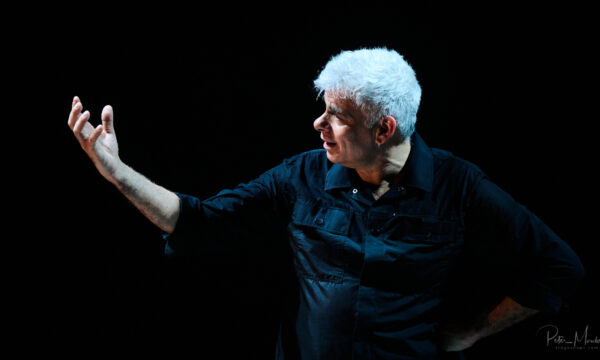
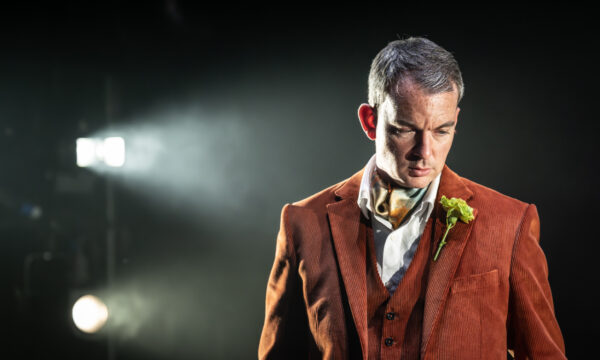
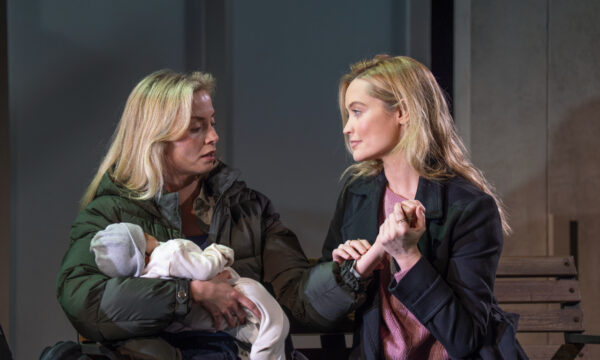
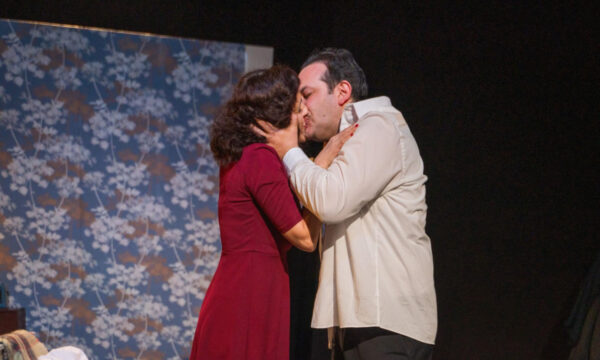
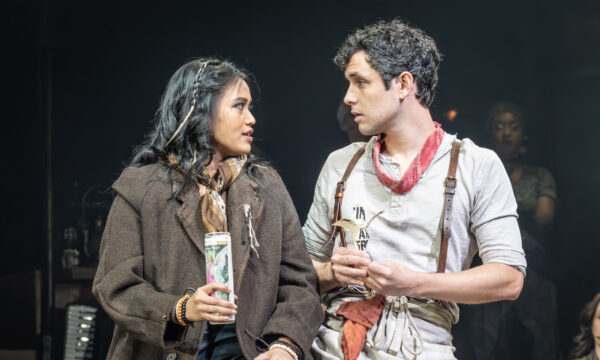
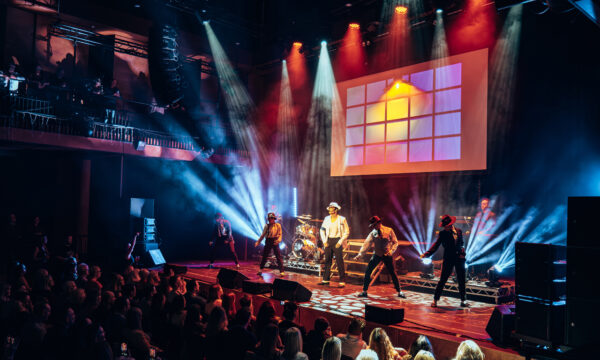
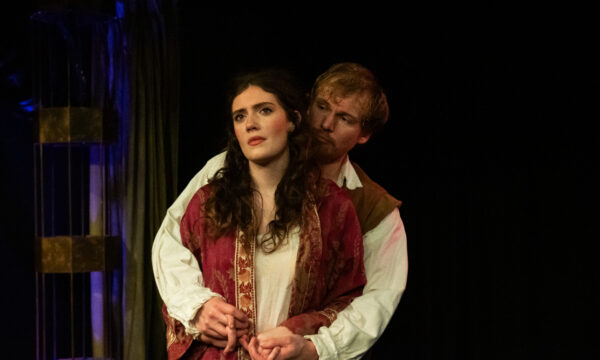
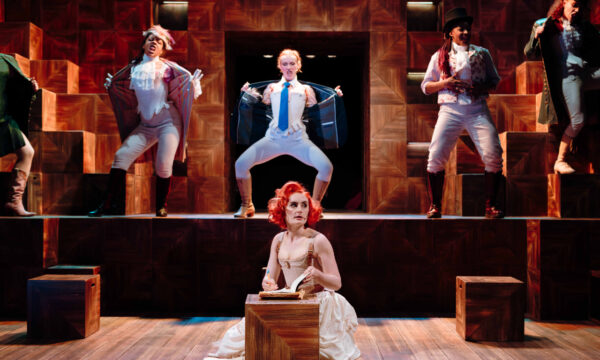
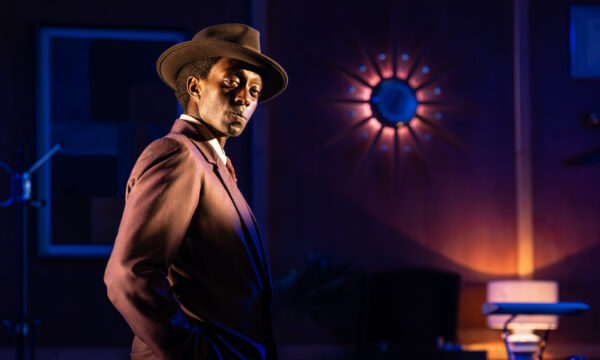










Facebook
Twitter
Instagram
YouTube
RSS